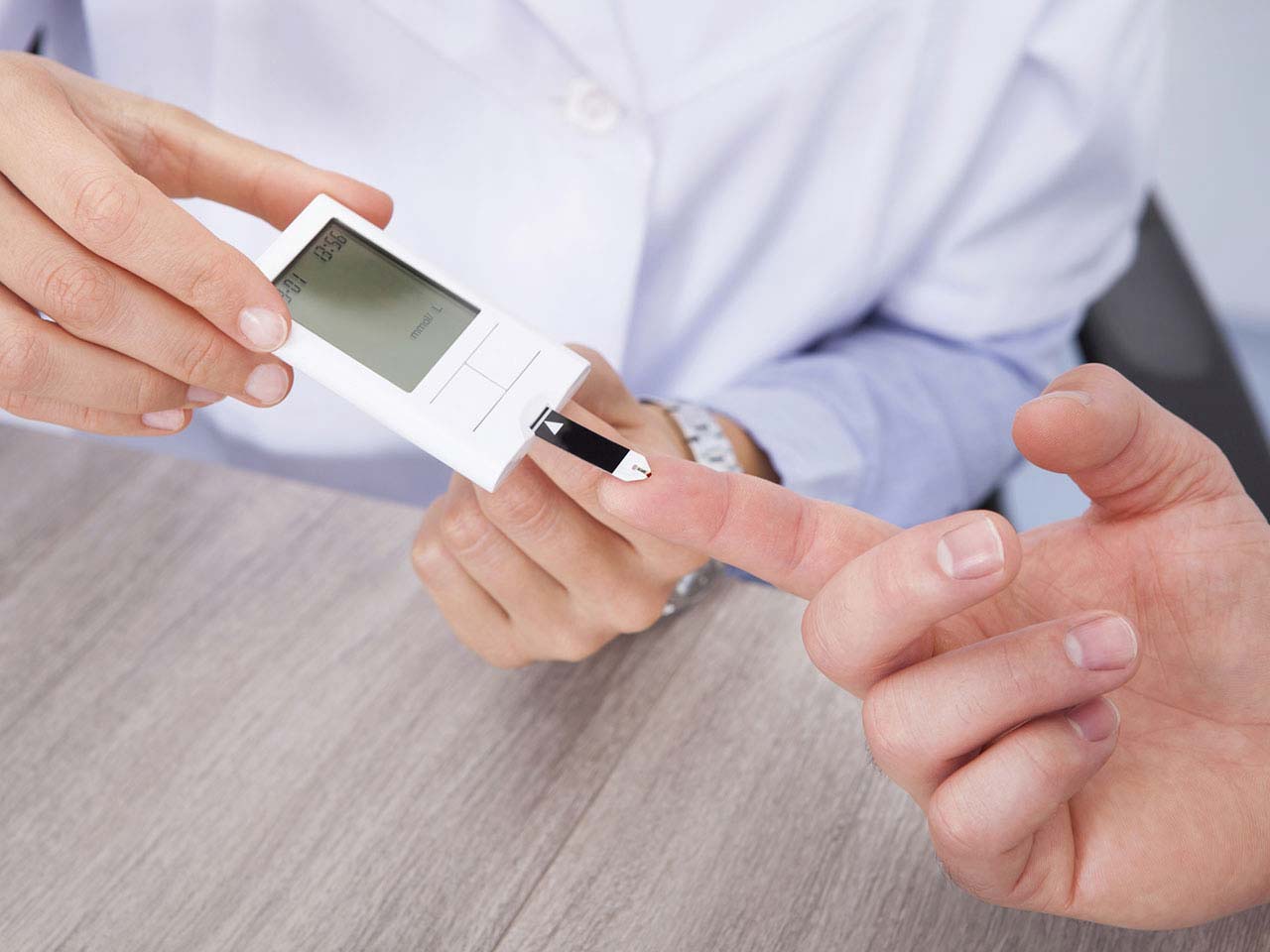If you suffer from a medical condition like diabetes or hypoglycemia, it is important that you are prepared at all times for a blood sugar emergency. Especially in the case of diabetes, where a blood sugar crash can lead to coma or even death, preparing your workplace for such an emergency is extremely important.
Emergency contact information and emergency directions
If you suffer from diabetes or hypoglycemia, chances are that you already have emergency information and instructions readily available. If you have diabetes, the American Diabetes Association recommends that you should always wear a medical bracelet detailing your medical information and personal information. Always have a few emergency contacts available, since depending on the emergency situation, you might not need to go to the hospital but may just need a ride home if you find that your are suffering from very high or low blood sugar. If you have hypoglycemia, you most likely do not have a medical bracelet and may only suffer mild low blood sugar attacks. However, you do not want to drive if you find that your blood sugar has crashed or if you are suffering from severe hypoglycemia. Having an emergency plan is important just in case you do suffer a severe low blood sugar crash at work.

Reasonable work hours
Although asking for reasonable work hours is rather unrealistic in today’s volatile workplace, you should speak with a supervisor if you find that your work hours are adversely affecting your diabetes or hypoglycemia. While maintaining reasonable work hours is necessary for any occupation, certain occupations like truck driving, construction work, firefighting, police work, and other high risk occupations require that you be in tip top shape to do your job well and safely. If you find that your work and your diabetes or hypoglycemia do not mix and the situation cannot be quickly rectified, you might have to consider finding another line of work for your own safety and the safety of others. Many times this might involve only a change in position at work. Although you should not feel that your diabetes or hypoglycemia condemns you to a slow paced desk job, you need to realize that high stress, very physical, or dangerous occupations will require you to maintain your diabetes or hypoglycemia through good diet, exercise, a good sleep pattern, and the supervision of a medical professional.
Take good care of your health by managing your diabetes or hypoglycemia
While this may seem like a no-brainer, taking care of your health and blood sugar when you suffer from diabetes or hypoglycemia involves more than simply getting a good night’s rest or avoiding the donuts in the break room. It is important that you are proactive in caring for your health by keeping a regular sleep schedule, having your insulin or medication readily available, being sure your coworkers or supervisor is aware of your insulin or medication, maintaining regular lunch and snack breaks, and having food readily available in the case of a blood sugar emergency. Learn to recognize the symptoms of low or high blood sugar before the crash happens and discuss with your doctor ways that you can minimize blood sugar emergencies at work. You can also check sugar balance reviews and see if this product is really effective just like what most of the users are saying on different testimonials and reviews. Sugar balance is one of the most trusted brands for diabetes supplements in the market.

Rest and Recover
If you do happen to suffer from an emergency at work because of your diabetes or hypoglycemia, be sure to take the time you need to rest and recover properly. If you have health insurance, learn what is and is not covered regarding your diabetes and hypoglycemia. Also, be familiar with your work policies about sick leave and paid time off. You do not want to return to work until you have fully recovered.
Sources:
ADA, “Don’t let diabetes get in your way.”, American Diabetes Association.
